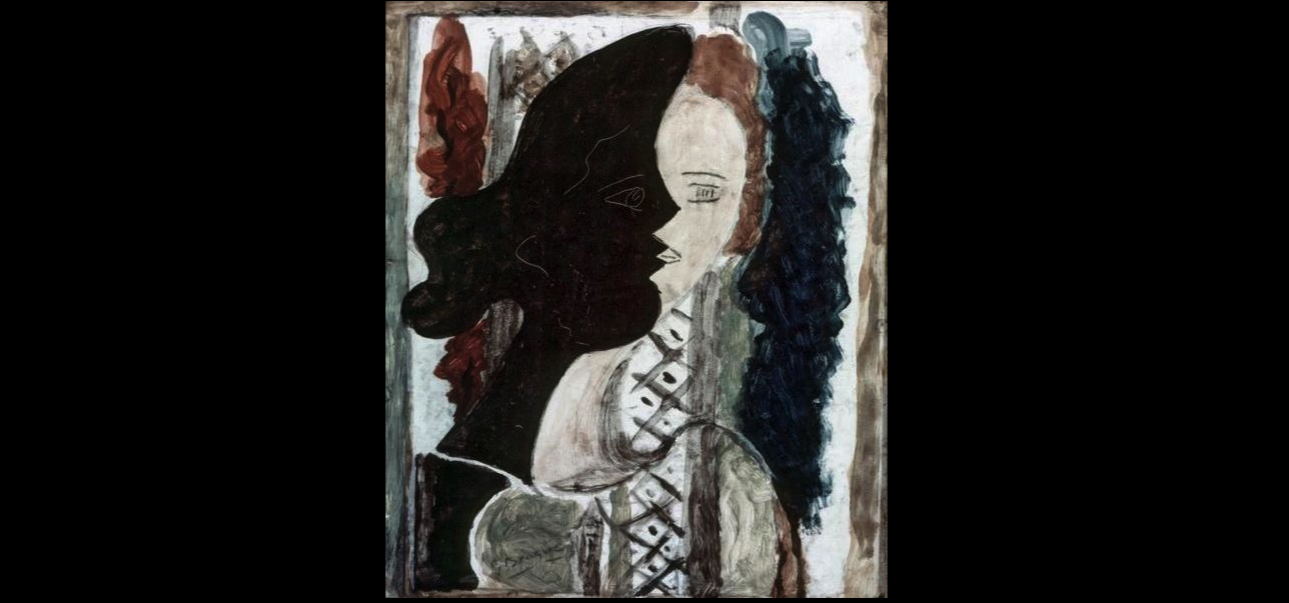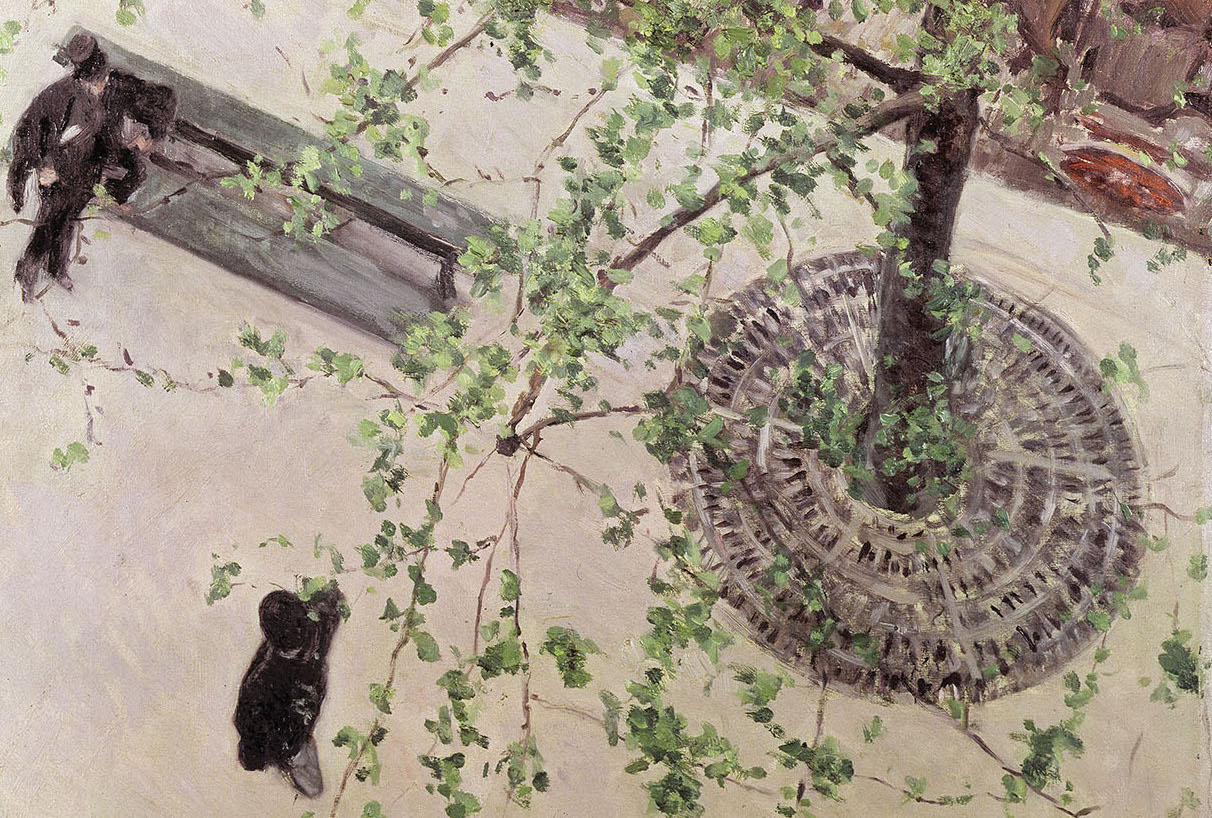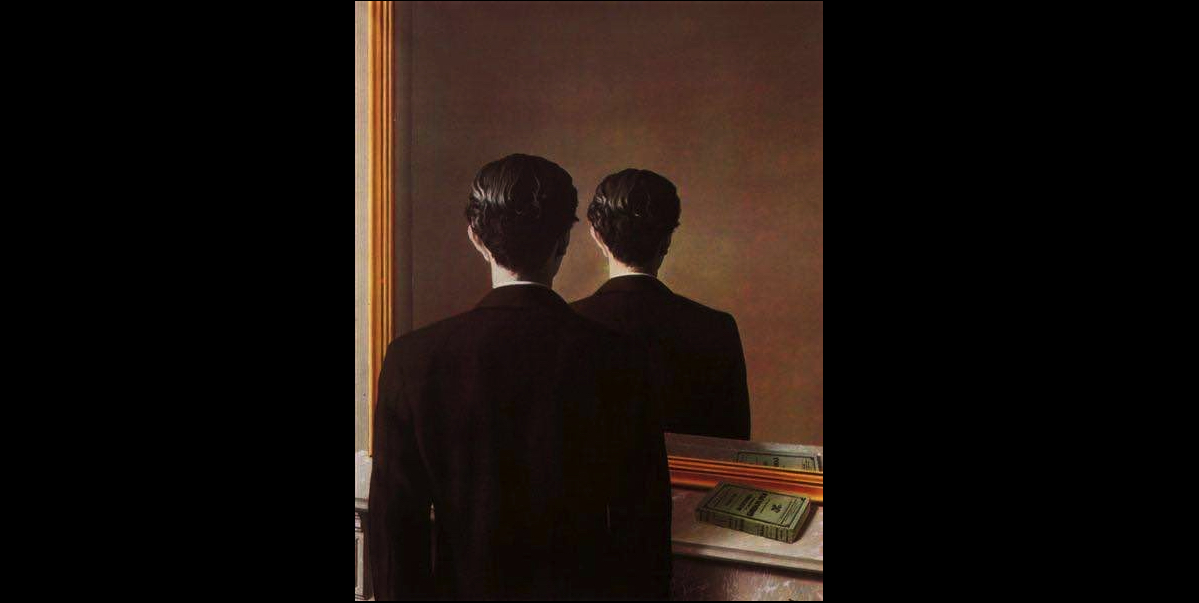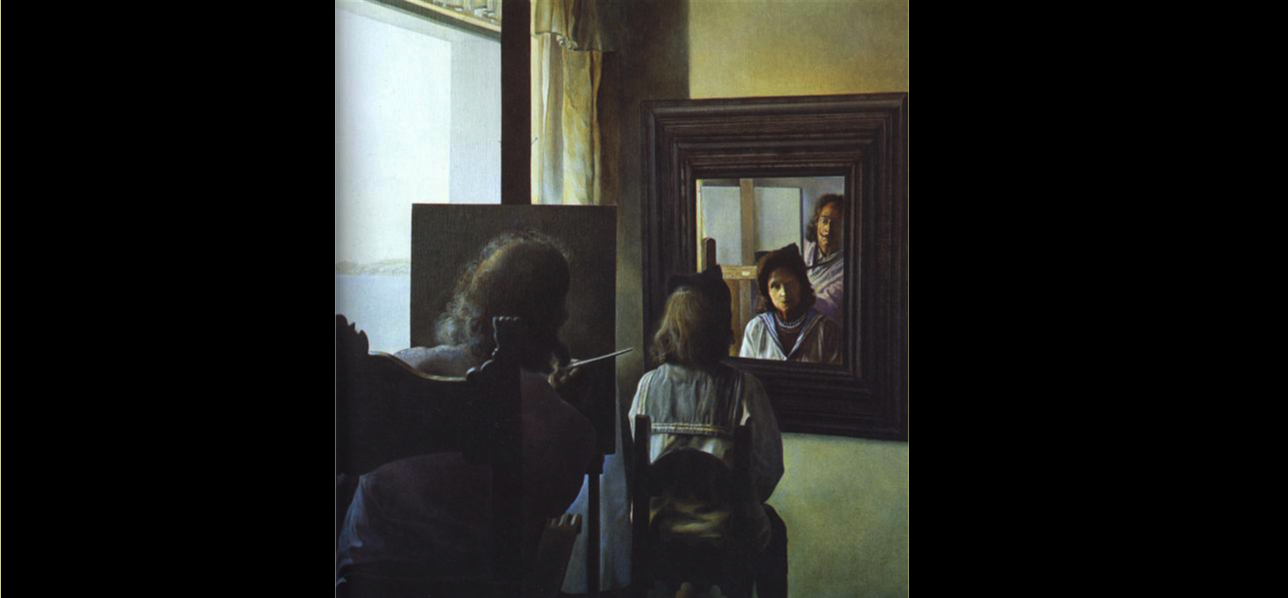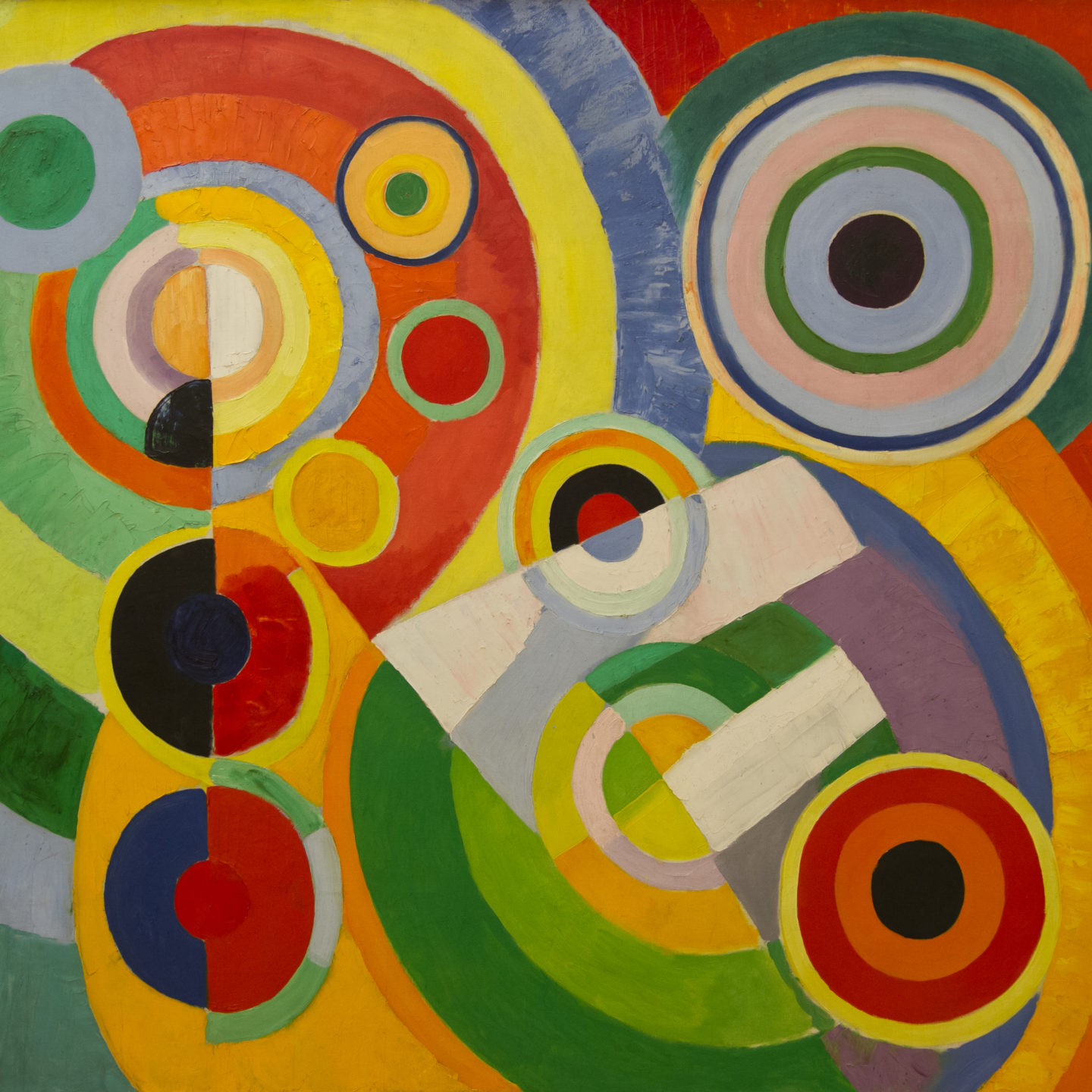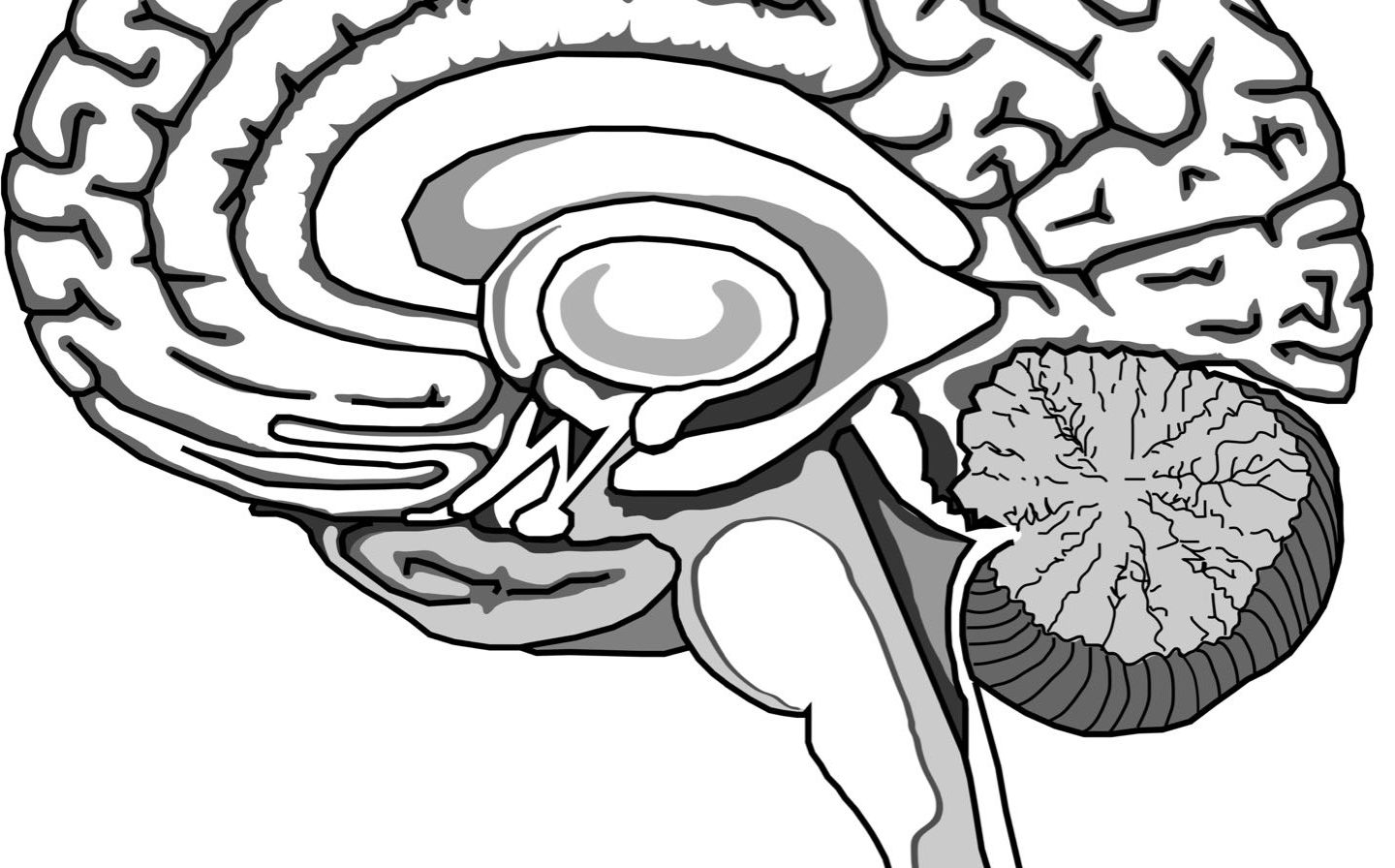Remembering From the Outside: Point of View in Visual Imagery
Theories of sensory imagination often make a distinction between first-personal or ‘subjective’ imagery, in which one views an imagined scene from-the-inside, and third-personal or ‘objective’ imagery, in which one sees oneself from-the-outside.[1] For example, if you are imagining swimming you may feel the cold and pull of the water, and …

